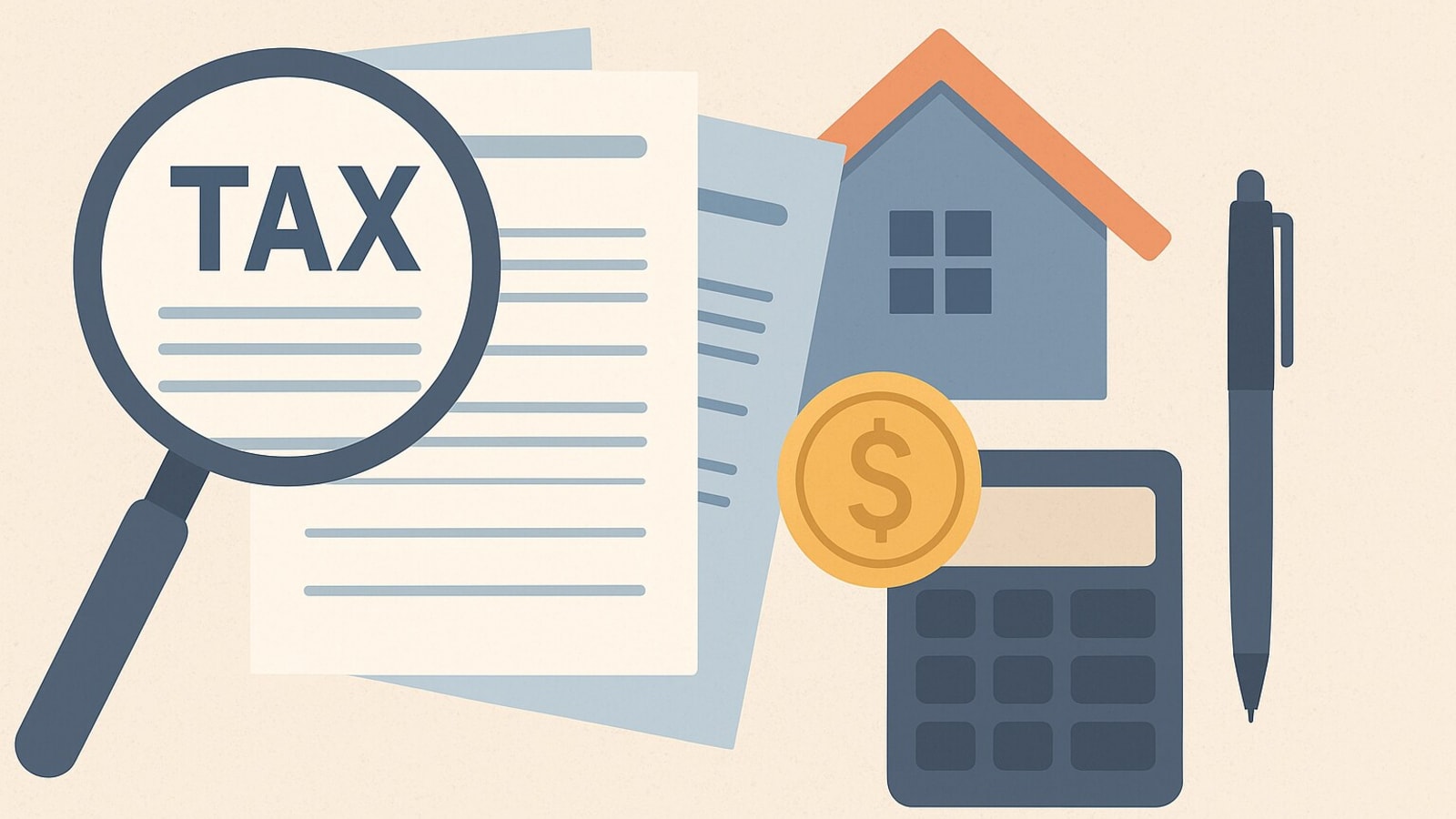The Parliament passed the revised Income Tax Bill 2025, fixing drafting oversights in the earlier February version that had sparked confusion over refunds, tax deducted at source (TDS) rules, and property income deductions. Experts say the changes restore clarity, align the law with long-standing provisions, and will help prevent needless litigation.
“When the Bill was introduced in Parliament, it was referred to the Select Committee headed by Dr Panda. The Committee took representations from trade associations, professionals, and others, and its report contained several recommendations. These were accepted by the finance ministry and the revised Bill with the changes was passed today,” said Dinesh Kanabar, CEO, Dhruva Advisors on 11 August.
For individual taxpayers, the key updates cover refunds on belated or revised ITRs, Nil TDS certificates, standard deduction on property income, and pre-construction home loan interest deductions.
Also read: Lok Sabha approves new tax bill with UPS relief, corporate dividend deduction
Refunds allowed on late or revised returns
One of the most impactful changes reinstates refund eligibility for belated or corrected filings.
The February draft’s Clause 263(1)(a)(ix) had restricted refunds only to returns filed on or before the due date — a significant departure from the Income Tax Act, 1961, which allowed refunds for belated and revised returns as well.
“This could have led to hardship in genuine cases where a taxpayer was unable to file their return by the deadline,” explained Sachin Garg, partner, Nangia & Co LLP. “The restriction was not an intended policy shift, but a drafting oversight.”
The revised Bill removes the clause entirely, reinstating the right to claim refunds even in late or corrected filings. Garg said the correction ensures taxpayer rights are preserved and refund claims are not unfairly denied purely on procedural grounds.
Clarity on Nil TDS certificates
Under Section 197 of the 1961 Act, taxpayers with no tax liability can apply for lower or Nil TDS certificates to avoid excess tax deduction and refund claims later. But the February draft referred only to “lower” deduction, omitting the Nil option.
“While it could be argued that Nil is a subset of lower, the absence of explicit wording created scope for interpretation disputes,” said Garg. Without clarity, he warned, operational issues and unnecessary litigation could have followed.
The revised Bill restores the original wording, covering both Nil and lower deductions. This is especially useful for senior citizens with non-taxable interest income.
“Nil TDS certificate is relevant for any taxpayer whose income is not taxable. Examples could include a taxpayer whose income is below the ₹2.5 lakh threshold or not taxable due to rebate under section 87A, or a taxpayer having losses or even a non-resident claiming non-taxability on account of a benefit under a Double Tax Avoidance Agreement,” Garg noted.
Also read: The new Income Tax Bill: Will linguistic makeover lead to taxation simplicity?
Standard deduction on property income
In the case of income from house property, the revised Bill also clarifies the right method to apply standard deduction. While calculating income from house property, the 1961 Act applies the 30% standard deduction on net annual value — i.e., after municipal taxes actually paid.
Initial readings of the February draft had raised doubts as to whether the deduction would apply on gross value or after municipal taxes. “The updated text now makes it explicit that the standard deduction is calculated after reducing municipal taxes paid,” said Kanabar.
He noted that this preserves continuity with existing practice and prevents an inadvertent increase in taxable income, avoiding unnecessary disputes.
Pre-construction interest deduction stays intact
The Bill confirms the availability of pre-construction interest deductions for rental properties. Under the 1961 Act, if the property is completed within five years, interest from the pre-construction period can be claimed in five equal instalments from the year it is first let or occupied.
“The original draft created uncertainty about whether this benefit would continue for rental properties,” Kanabar said. “The clarification makes it clear that the deduction remains intact.”
Also read: Income tax filing: How to deal with inaccuracies in annual information statement
He stressed the importance of this relief for property investors: “Taxpayers who incur substantial interest costs before completion should not be disadvantaged just because their property is rented rather than self-occupied.”







